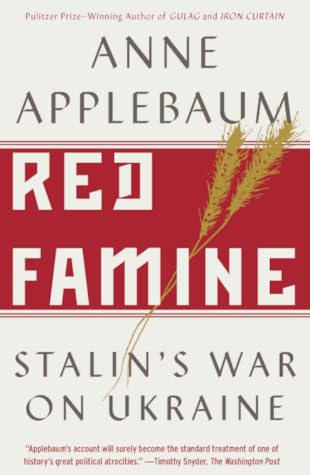More on this book
Community
Kindle Notes & Highlights
Harvest of Despair won awards at film festivals and appeared on Canadian public television in the spring of 1985.
In the United States the public broadcaster’s initial reluctance to show the film—it was feared to be too “right wing”—became controversial. PBS finally broadcast the film in September 1986 as a special episode of “Firing Line,” the programme produced by the conservative columnist and National Review editor William Buckley, and followed the broadcast with a debate between Buckley, the historian Robert Conquest, and the journalists Harrison Salisbury of The New York Times and Christopher Hitchens, then of The Nation. Much of the debate had nothing to do with the famine itself. Hitchens brought
...more
In 1985 the United States Congress set up a bipartisan commission to investigate the Ukrainian famine, appointing Mace as chief investigator. Its purpose was “to conduct a study of the 1932–33 Ukrainian famine in order to expand the world’s knowledge of the famine and provide the American public with a better understanding of the Soviet system by revealing the Soviet role” in it.62
In a very literal sense the concept of “genocide” has its origins in Ukraine, specifically in the Polish-Jewish-Ukrainian city of Lviv. Raphael Lemkin, the legal scholar who invented the word—combining the Greek word “genos,” meaning race or nation, with the Latin “cide,” meaning killing—studied law at the University of Lviv, then called Lwów, in the 1920s.2 The city had previously been Polish until the eighteenth century, then part of the Austro-Hungarian empire. It became Polish after the First World War; Soviet after the Red Army invasion of 1939; German between 1941 and 1944; part of
...more


